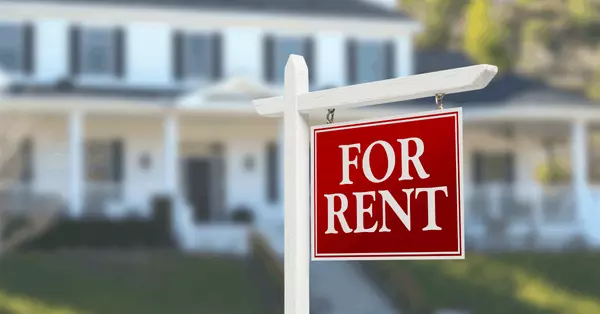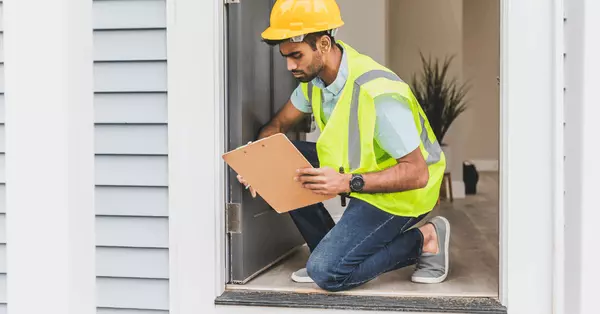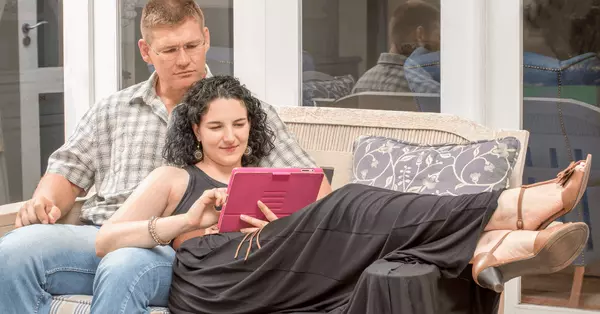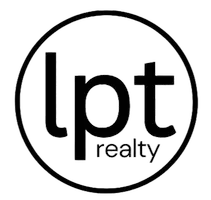Understanding Closing Costs: What They Are and How Much You'll Pay

Closing Costs: What They Are and How Much You’ll Pay
Budgeting for a home purchase involves more than just your down payment. As a buyer, you’ll be responsible for a variety of fees that ensure the transaction goes smoothly. These fees cover services related to the property, loan, and other essentials required for closing. Sellers, on the other hand, usually handle fees related to real estate agent commissions, though they may be asked to cover some buyer’s closing costs during negotiations.
What Are Closing Costs?
Closing costs are fees paid to finalize your home purchase. They typically go to your lender and third parties like appraisers, inspectors, and title companies. While most closing costs fall on the buyer, sellers often cover some as well, especially through negotiated terms.
How Much Are Closing Costs?
For buyers, closing costs generally range from 2% to 5% of the home’s purchase price. For example, on a $300,000 home, you could expect to pay between $6,000 and $15,000.
Seller closing costs can be higher due to agent commissions, which typically account for a large portion of their expenses. Sellers also cover transfer taxes, attorney fees, and other real estate-related charges, amounting to around 2% to 4% of the sale price.
Several factors influence the total amount paid, including your loan type, lender policies, and any negotiated terms with the seller.
When Are Closing Costs Due?
Most closing costs are due on the day you close the deal—when the property officially transfers from the seller to the buyer. Payment is typically wired, or a cashier’s check is brought to the closing appointment. Some costs, like inspections or surveys, may be due before closing.
While earnest money (the deposit made when submitting an offer) isn’t considered a closing cost, it plays a key role in your overall payment and is applied to your down payment on closing day.
What Are Buyer Closing Costs?
Buyers face a mix of one-time fees and the first installment of recurring costs, such as homeowners insurance, which you may prepay at closing. Below is a breakdown of common buyer closing costs:
One-Time Fees:
- Appraisal fee
- Application fee
- Home inspection fee
- Mortgage origination fee
- Lender’s policy title insurance
- Escrow fee
- Notary fee
- Loan discount points
- Recording fee
Recurring Fees:
- Homeowners insurance
- Property taxes
- Mortgage insurance (for down payments less than 20%)
- Flood certification (in certain areas)
What Are the Closing Costs for Cash Buyers?
Cash buyers avoid mortgage-related fees but are still responsible for costs like notary, property taxes, and recording fees. Many cash buyers also opt to cover appraisal, inspection, and owner’s title insurance costs.
Seller Closing Costs
Sellers typically pay for both the buyer’s and listing agent’s commissions, transfer taxes, and their own attorney fees. Local regulations and contract negotiations can influence the distribution of costs. Common seller closing costs include:
- Agent commission
- Transfer tax
- Title insurance
- Prorated property taxes
- Credits toward buyer closing costs
Estimating Closing Costs
To estimate your closing costs, review the Loan Estimate provided by your lender during the loan application process. If you’re just exploring your budget, you can use online affordability calculators or estimate between 2% and 5% of the home’s sale price.
Remember, these estimates may change as you progress through the homebuying process due to factors like interest rate shifts or negotiated terms.
Can Closing Costs Be Negotiated?
Yes, there are a few ways to minimize your closing costs:
- Shop Around: Different lenders charge different fees, so it’s worth comparing. Ask for an itemized breakdown of charges and see which ones can be reduced or waived.
- Ask the Seller to Help: Buyers can negotiate for sellers to cover part of the closing costs, especially in a buyer’s market. Keep in mind that there are limits on how much sellers can contribute, depending on the loan type.
- Look Into Assistance Programs: First-time buyers may qualify for programs that assist with down payments or closing costs. These can offer significant savings.
Mortgage-Related Closing Costs
The type of loan you choose will impact your closing costs. Here’s a summary of what to expect based on loan type:
- FHA Loans: Closing costs range from 2% to 6%, including upfront mortgage insurance.
- Conventional Loans: Costs typically range from 2% to 5%. Private mortgage insurance (PMI) is required for down payments under 20%.
- VA Loans: Costs range from 1% to 5%, including the VA funding fee, which replaces mortgage insurance.
- USDA Loans: Closing costs range from 3% to 6% and include a guarantee fee.
Final Tips
Closing costs are a significant part of the homebuying process. By shopping around, negotiating, and understanding the types of fees involved, you can better prepare for this expense and potentially reduce the amount you’ll need to pay upfront.
Categories
- All Blogs (36)
- Buyer Stories (1)
- Buyer tips (7)
- Buyers (3)
- Buying (2)
- Buying Advice (3)
- Buying Assistance (3)
- Credit & Debt (2)
- Down Payment (1)
- Financing (8)
- Financing Options (1)
- First Time Home Buyer (20)
- Foreclosures (1)
- Interest Rates (2)
- Loans (4)
- Military (5)
- Mortgage Interest Rates (1)
- Mortgage Rates (1)
- New Construction (1)
- Personal Finance (2)
- Refinance (1)
- Tax tips (1)
- Title & Closing (1)
- VA Loans (1)
Recent Posts











